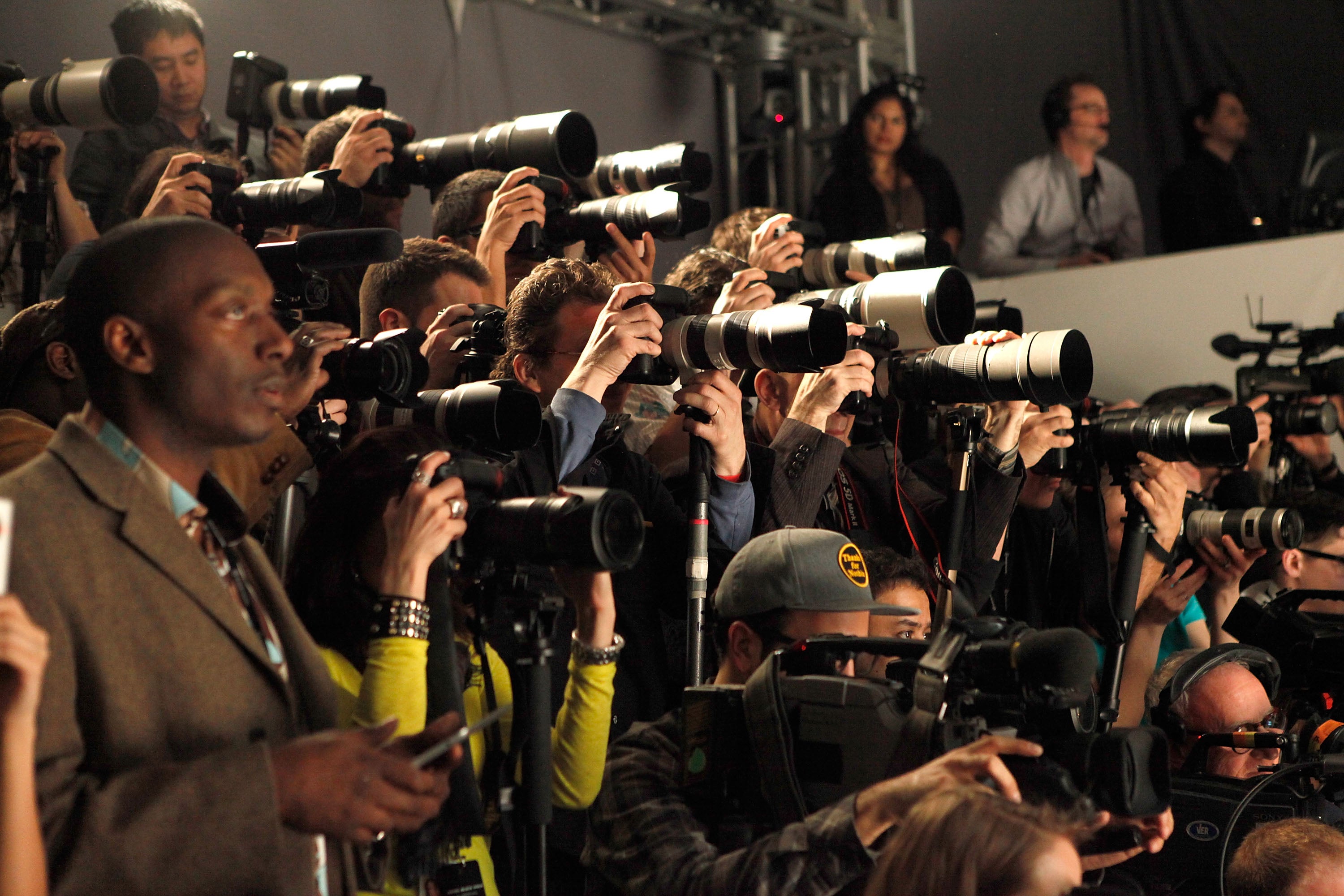London Fashion Week: How the internet has helped break the big name monopoly

London Fashion Week opens today but the power of big catwalk shows is being rapidly eroded by young designers exploiting fast-changing technology to sell their wares directly to a global customer base.
The growth of online retailing, together with the advance of fashion blogging, is breaking the control of couture brands in dictating trends and diminishing the significance of the traditional seasons.
“There are designers in the most obscure towns and cities that you can now connect with as easily as those in London or Los Angeles,” said Stefan Siegel, founder of Not Just a Label, which is based in London’s Old Street and hosts work by 17,000 designers from 100 countries. “It’s all about cutting out the middle man. There are so many jobs in fashion that are unnecessary if you use the digital space properly.”
He said: “The seasonal calendar depends on trends and on the belief that the life span of a garment is only a few months. The disposable culture this transience encourages is one of the uglier sides of the fashion industry.”

Other online fashion sites such as the London-based Avenue 32, founded by Roberta Benteler, are contributing to this democratisation of fashion along with a host of direct shopping outlets from etsy.com to Ebay.
Sasha Wilkins, who blogs as Liberty London Girl, said Internet technology had weakened the control previously exerted by a small pool of fashion editors. “Print is no longer the gate-keeper. That has changed the ballpark because bloggers aren’t under the same pressures as the glossy magazines to cover the big designers who buy their advertising.”
As fashion weeks take place this month in London, Milan, New York and Paris, consumers are able to buy product from designers regardless of where they are based, even in locations as politically unstable as eastern Ukraine and Lebanon. Beirut-born Lara Khoury is one of the star performers of Not Just a Label. Another of the site’s other most popular brands, Jealousy, was founded by Tanu Muino in Odessa, Ukraine.

“Technology is really shifting the dynamic between the catwalk and the high-street said Jenny Griffiths of Snap Fashion, a site which helps consumers match clothes to photos they have taken. “People are used to shopping online and receiving goods within a day, and this ‘get the look now’ culture is impacting the way that fashion is delivered.”
She added: “Technology has the potential to greatly enhance online search capabilities, which is completely changing the way people find and buy fashion.”
Geoff Watts, of EDITD, a company which uses technology to monitor consumer patterns in the market, said: “Trends can now come from anywhere – they can come from someone who has a huge following on Instagram.”
London-based jewellery designer Imogen Belfield has built a successful business without depending on the traditional offline routes to market. “She is generating cash flow online without overheads,” said Siegel, who has worked closely with Belfield. “She has a flourishing business and participates in selected events around the world.”

Digital advances are impacting on the established fashion industry at all levels. Katie Dominy is a co-founder of ArtsThread, set up to showcase the work of fashion graduates and other creative arts students.
“In the old days you had to take your paper portfolio to a recruitment company and to a string of job interviews,” she said. “Designers can upload a portfolio in Liverpool, Seoul, Guatemala say and have it viewed anywhere in the world - and it costs nothing.”
Join our commenting forum
Join thought-provoking conversations, follow other Independent readers and see their replies
Comments
Bookmark popover
Removed from bookmarks